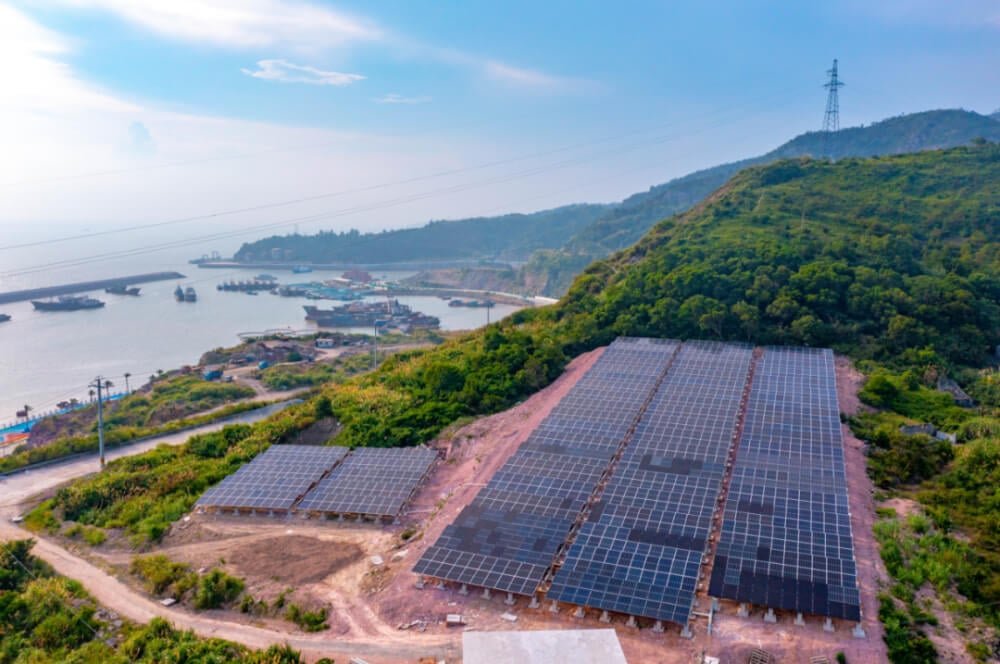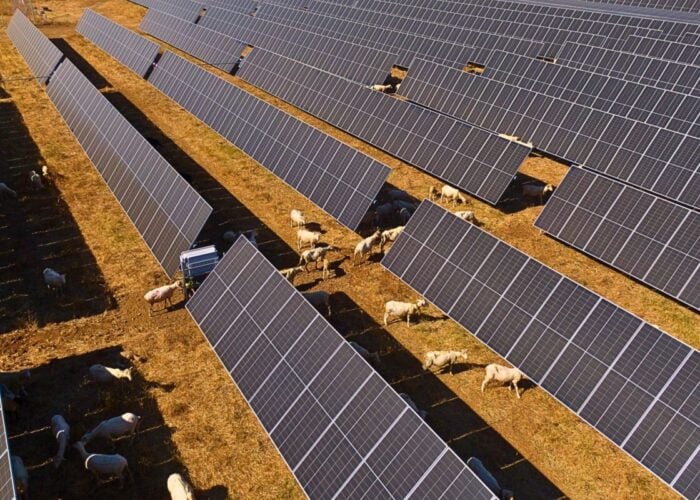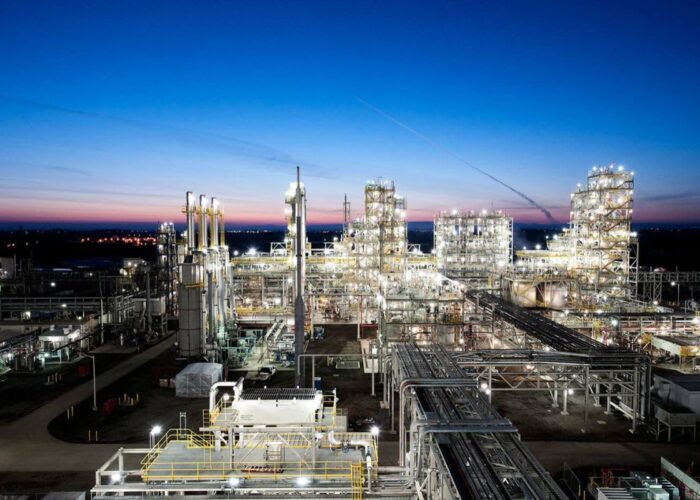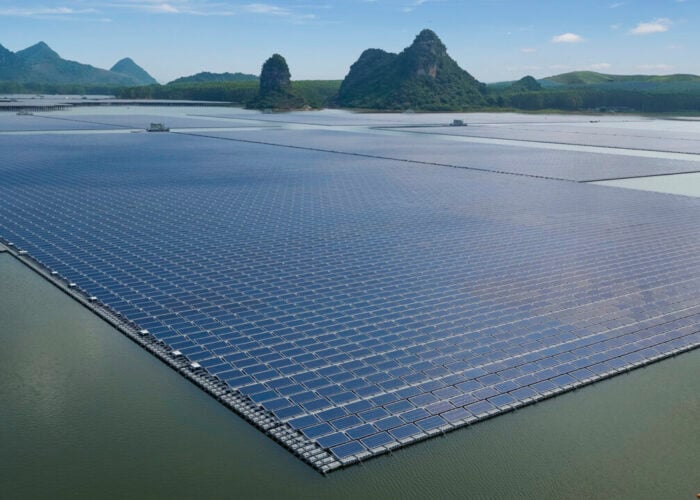
The Asian Development Bank (ADB) has partnered with the governments of the Solomon Islands and Tonga to support each state’s energy transition, with solar PV at the heart of the deals.
The grant and loan agreements, drafted at COP29 in Azerbaijan, will support the Solomon Islands Renewable Energy Development project, which aims to implement solar PV power plants in the provinces of Guadalcanal and Malaita; and the Tonga Grid Enhancement for Sustainable Energy Transition project, involving the construction of a new electricity network to transmit energy from a solar PV power plant.
Unlock unlimited access for 12 whole months of distinctive global analysis
Photovoltaics International is now included.
- Regular insight and analysis of the industry’s biggest developments
- In-depth interviews with the industry’s leading figures
- Unlimited digital access to the PV Tech Power journal catalogue
- Unlimited digital access to the Photovoltaics International journal catalogue
- Access to more than 1,000 technical papers
- Discounts on Solar Media’s portfolio of events, in-person and virtual
In a media statement, the ADB confirmed that it had struck a US$15 million deal with the Solomon Islands, consisting of a US$10 million concessional loan agreement and a US$5 million grant agreement.
The Solomon Islands Renewable Energy Development project will help deliver solar PV power plants with a total capacity of 2.5MW and help facilitate the development of what the ADB claims is the island nation’s first utility-scale battery energy storage system (BESS).
These projects also aim to create an environment that will enable more private sector participation and investment in renewable energy.
Meanwhile in Tonga, ADB has signed a deal to provide US$4.6 million in grants to support the country’s energy transition.
The Tonga Grid Enhancement for Sustainable Energy Transition project aims to help the government of Tonga meet its 70% renewable energy target by constructing a new 33kV electricity network to evacuate energy from a solar PV power plant and upgrading a portion of the existing 11kV network.
Scott Morris, vice-president for East and Southeast Asia and the Pacific at the ADB, said the energy projects would “significantly reduce the Solomon Islands and Tonga’s reliance on fossil fuels”, whilst also improving disaster resiliency.
“These transformational energy projects demonstrate ADB’s steadfast commitment to improving energy security, affordability, access and sustainability across the Pacific,” Morris added.
Australia invests in Pacific decarbonisation
This partnership between the ADB and the Pacific island governments is one of several energy transition deals confirmed at COP29.
Last week, PV Tech reported that Australia would allocate an AU$125 million (US$80 million) investment package to support the rollout of renewable energy technologies across the Pacific region.
The fund package will comprise an AU$75 million investment through the REnew Pacific programme, as well as AU$50 million via the Australia-Pacific Partnership for Energy Transition (APPET) initiative.
Australia’s REnew Pacific scheme focuses on delivering off-grid and community-scale renewable energy in remote and rural parts of the Pacific. Due to its low installation costs and ability to deploy relatively quickly, solar PV is likely to play an integral role in the Pacific’s energy transition. The Australian Infrastructure Financing Facility will deliver the scheme for the Pacific.
The COP29 summit in Baku, Azerbaijan, concluded over the weekend with the agreement of a US$300 billion finance deal to support climate action in developing countries. Although a tripling of previous pledges, the deal has been criticised for falling well short of the US$1.3 trillion demanded by developing nations to cope with the effects of climate change.







